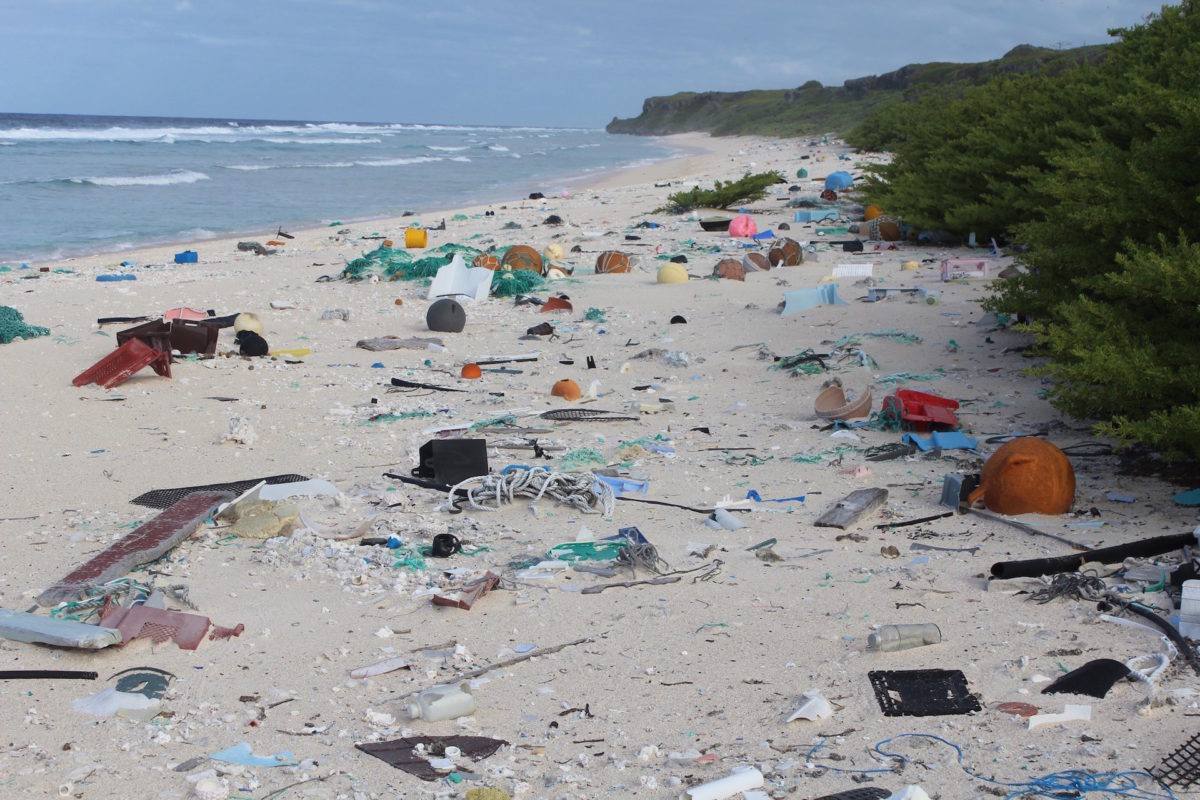Making a Big Bet: Moving From Transactional to Transformational Philanthropy
The Lerner Foundation had only been making grants for five years when the winds shifted—the board of directors decided it was time for a profound change in our priorities. Our founding purpose is simple and straightforward: “to further opportunity for the people of Maine. buy ventolin inhaler online https://arkansaspetcremation.com/wp-content/uploads/2025/03/jpg/ventolin-inhaler.html no prescription pharmacy ” Manny and... Read More






